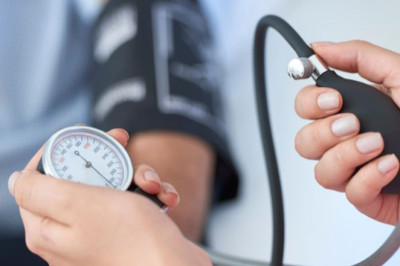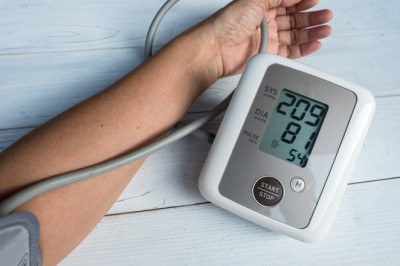
views
The Challenge I Faced:
-
Long hours sitting at night (design, coding, writing).
-
Waking up shattered, with burning eyes and brain fog.
-
Constant fatigue, even on days off!
-
Tried several over-the-counter supplements without consulting a doctor (my mistake!). Some did nothing; others made me anxious or ruined my sleep.
Ingredients I Tried That Made a Real Difference (and Why):
I won’t name specific brands, but I’ll share the key ingredients in the supplements that worked for me and what each does:
-
Magnesium (Especially Glycinate):
-
Its benefit: It’s not just for bones! It’s a natural nerve and muscle relaxant. I noticed it reduced the tension that comes with late nights and helped me sleep deeper instead of tossing and turning. My legs also cramped less during long sessions.
-
How it works: It helps the body produce calming chemicals (like GABA) and improves sleep quality by regulating nerves and relaxing muscles. This was crucial for me to "recover" from lost sleep.
-
-
Melatonin (Low Dose: 1–3 mg):
-
Its benefit: This hormone controls your sleep-wake cycle. All-nighters wreck it. Taking a small dose about an hour before bed (even after a late shift) helped me fall asleep faster and wake up less groggy.
-
How it works: It tells your brain: "Hey, it’s nighttime—sleep now." It resets your internal clock, which night shifts and blue light from screens (especially computers) disrupt. Vital for night workers.
-
-
B-Complex Vitamins (Especially B12, B6, B1):
-
Their benefit: These are cellular fuel. My focus in front of the screen improved slightly, and I craved less sugar or caffeine to stay alert. Felt a better baseline energy—not a jittery "high."
-
How they work: They’re essential for converting food (especially carbs) into energy for your body and brain. Low levels (common with stress/late nights) cause mental and physical fatigue even if you eat. Also critical for nerve function.
-
How I Tested and Adjusted:
-
Didn’t start all at once. Tried magnesium alone for two weeks first—noticed less stress and better sleep. Then added low-dose melatonin (1 mg) when I needed sleep after a late shift. The B-complex was part of my daily multivitamin.
-
Dose matters: My doses were highly personal. For example, some people need more melatonin—I tried 5 mg but felt heavy-headed, so I stuck with less.
-
Timing is key: Took magnesium and melatonin ~1 hour before bed. B vitamins in the morning with food to avoid stomach upset.
Lessons Learned (and Mistakes I Made):
-
Doctor first, always: This is the golden rule. Everything here is my personal experience. Your body isn’t mine. You might have thyroid/kidney issues or take meds that clash with supplements. Talk to your doctor about your symptoms and ideas—they’ll guide you.
-
Blue light is a killer: Supplements aren’t magic. I reduced blue light from screens (Night Shift/f.lux) and wore blue-light glasses. This massively boosted sleep quality alongside supplements.
-
Food and water are non-negotiable: No supplement fixes bad habits. I prioritized nutritious snacks (nuts, fruit, protein) and hydration—even at 3 AM.
-
Mini-breaks save you: For every hour of night work, I took 5–10 mins to walk or hydrate away from the screen. This helps more than you’d think.
-
Patience pays off: Results aren’t instant. It took 3–4 weeks to feel clear, consistent improvement.
The Useful Takeaway:
Night-shift fatigue is brutal. The ingredients that personally helped me were:
-
Magnesium (glycinate) for relaxation and sleep,
-
Melatonin (low dose) to reset my sleep cycle,
-
B vitamins (B12/B6/B1) for energy and focus.
But—and I can’t stress this enough—this isn’t medical advice. See your doctor. Explain your work setup and symptoms. Get tests if needed. They know what’s right for you. Your health is worth more than any screen or job.












Comments
0 comment